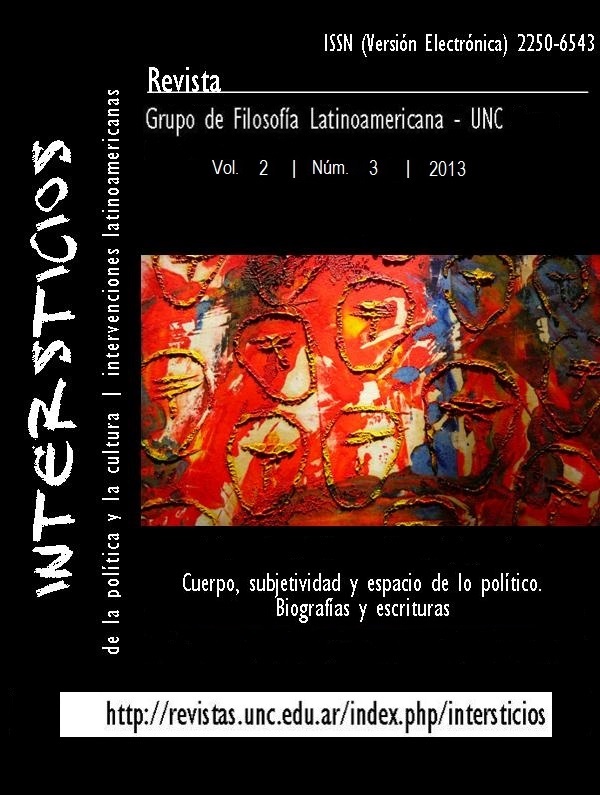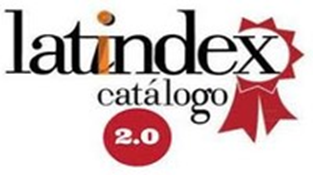¿CÓMO PENSAR LA TRANSICIÓN A LA DEMOCRACIA EN EL SALVADOR? POLEMIZANDO CON EL INSTITUCIONALISMO SALVADOREÑO
Resumen
Resumen
El artículo se divide en dos partes. En la primera se exponen los planteos del politólogo Álvaro Artiga-González, como uno de los principales exponentes del institucionalismo salvadoreño, procurando perfilar su enfoque teórico y metodológico, con el objeto de entender desde qué óptica analiza la transición y la consolidación de la democracia en El Salvador. En la segunda parte, la autora explica sus objeciones frente a esa óptica y las razones por las cuales propone otro abordaje de la historia reciente del país. Sus cuestionamientos apuntan a considerar incompleta la perspectiva “politicista” del institucionalismo, debido a la escisión que dicho enfoque establece entre fenómenos políticos y fenómenos económicos. Entre otras consecuencias, dicha escisión omite el abordaje de los obstáculos que el Nuevo Orden Mundial interpone a la profundización de las democracias latinoamericanas en general, y a la democracia salvadoreña en particular.
Palabras Claves: El Salvador, transición a la democracia, Ciencia Política, institucionalismo, latinoamericanismo
Abstract
The article is divided into two parts. In the first one, the ideas of the politologist Álvaro Artiga-Gonzáles are presented, since he is one of the most important exponents of the Salvadorian institutionalism; we will try to draw a profile of his theoretical and methodological approach in order to understand his outlook for the analysis of the transition and consolidation of democracy in El Salvador. In the second part, we will explain our objections to this viewpoint and the reasons why we would like to propose a different position as far as the recent history of the country is concerned. Our objections aim mainly to point out the lack of completion of the “politicist” approach of institutionalism due to the division brought about by such approach between political and economic phenomena, since this division omits the consideration of the obstacles interposed by the New World Order to the deepening of the Latin American democracies in general, and the Salvadorian democracy in particular.
Key Words: El Salvador, Transition to democracy, Political Science, Institutionalism, Latin-Americanism
Descargas
Descargas
Publicado
Número
Sección
Licencia
Aquellos autores/as que tengan publicaciones con esta revista, aceptan los términos siguientes:- Los autores/as conservarán sus derechos de autor y garantizarán a la revista el derecho de primera publicación de su obra, el cuál estará simultáneamente sujeto a la Licencia de reconocimiento de Creative Commons que permite a terceros compartir la obra siempre que se indique su autor y su primera publicación esta revista.
- Los autores/as podrán adoptar otros acuerdos de licencia no exclusiva de distribución de la versión de la obra publicada (p. ej.: depositarla en un archivo telemático institucional o publicarla en un volumen monográfico) siempre que se indique la publicación inicial en esta revista.
- Se permite y recomienda a los autores/as difundir su obra a través de Internet (p. ej.: en archivos telemáticos institucionales o en su página web) después del proceso de publicación, lo cual puede producir intercambios interesantes y aumentar las citas de la obra publicada. (Véase El efecto del acceso abierto).











